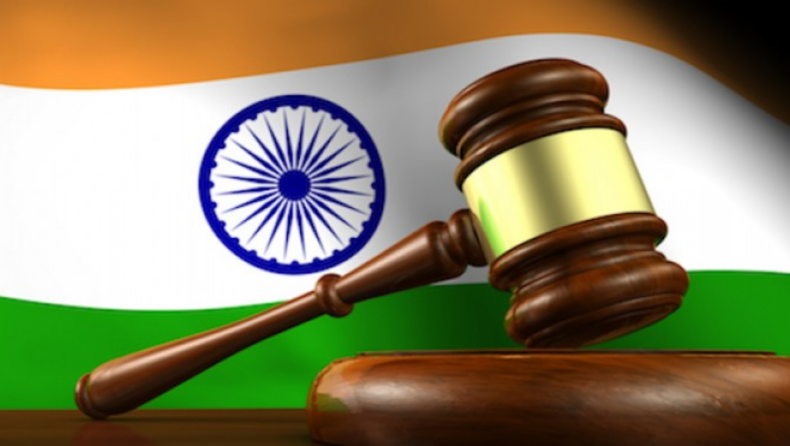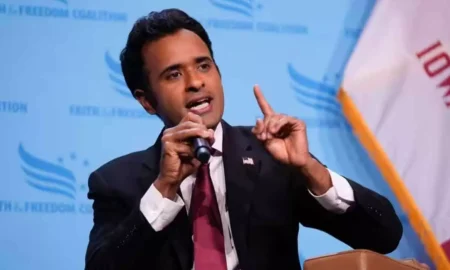The Bill is to be named after the rape-murder victim Disha.

The Central Government of India has law named after Nirbhaya, a victim of gang rape and murder in New Delhi. Similar to this, the state government of Andhra Pradesh proposed a criminal law after the gang-rape murder victim Disha, in Hyderabad, ‘Andhra Pradesh Disha Bill Criminal Law (AP Amendment) Bill, 2019.’
The government at the center has raised objections over the provisions for geo-tagging sexual offenders. It has also objected to giving a specific name to the proposed legislation of the state. In response to this, the state government has questioned the Center why the state could not name the legislation after Disha.
The Union Ministry of Home Affairs (MHA) sought the state’s clarification based on the comments made by the Women Safety Division of MHA regarding the bill. It is contended by the state government that the Code of Criminal Law was a part of the Concurrent list, and it has a right to make necessary amendments accordingly.
Andhra Pradesh has pointed out that the state of Kerala and other state governments have done that. A clarification from the government regarding the naming has been sent by the government 20 days ago.
Home Minister from the State, Vanitha said that the intention behind the proposed Disha Law was to ensure timely justice in cases related to sexual offenses against women and girls. It is only meant to award punishments quicker and harsher to the offenders. This would act as a deterrent to other predators.
The Director-General of Police K V Rajendranath Reddy said that the new law is yet to come into action. The police department has been working with full spirit to give timely justice to the victim and families. The Central government has opposed naming the bill after a gang rape-murder victim.
The State Legislative Assembly on 13 December, 2019 passed the said ‘Disha Bill’. This was to seek further amends in the Indian Penal Code as well as the Code of Criminal Procedure. This would enable expeditious investigations and trials of offenses against women and children.
Published by: Gargi Sharma
Edited by: Aaradhana Singh













